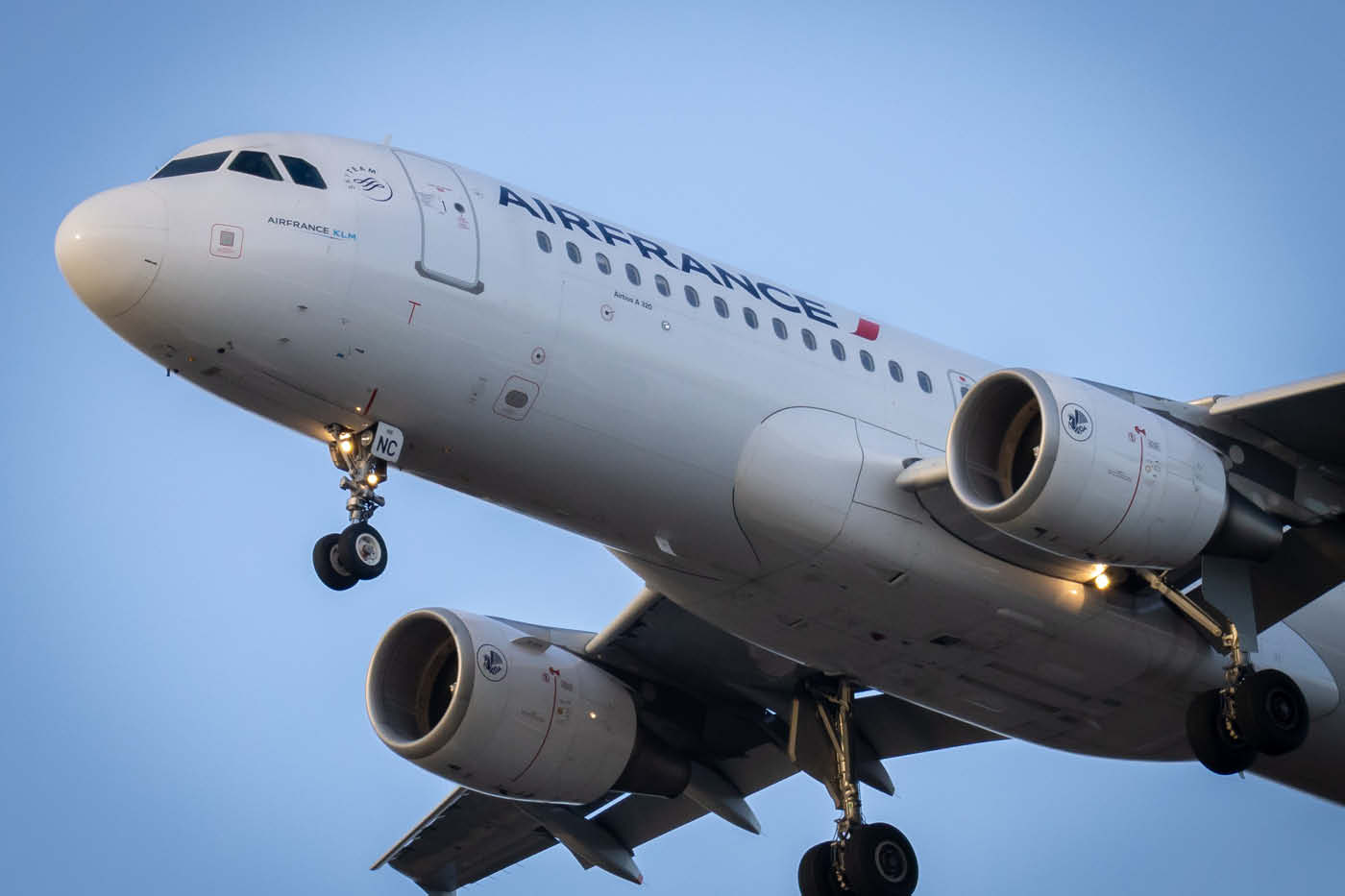In a startling turn of events, the United Nations food agency’s rice price index surged by 2.8% in July, marking its highest level in almost 12 years.
The sharp increase has been attributed to a combination of robust demand and India’s recent decision to impose restrictions on rice exports. According to the Food and Agriculture Organization (FAO), the All Rice Price Index, which monitors price trends in key exporting nations, rose to an average of 129.7 points in July from 126.2 points the previous month.
This notable rise signifies a nearly 20% jump compared to the index score of 108.4 points from the same month in the previous year. The last time the index reached such heights was back in September 2011. Additionally, the FAO’s comprehensive global food price index has also witnessed an upward trajectory in July, bouncing back from a two-year low.
India, a prominent player in the rice market accounting for 40% of global rice exports, began curbing its largest rice export category last month. This move aimed to stabilise soaring domestic prices that had reached multi-year highs due to unpredictable weather patterns affecting crop production. Other major rice-exporting countries include Thailand, Vietnam, Cambodia, and Pakistan.
Meanwhile, China, Philippines, Benin, Senegal, Nigeria, and Malaysia are key importers of this vital staple.
As the international rice market experiences these significant shifts, stakeholders worldwide remain watchful of their potential impact on global food security and trade dynamics.



